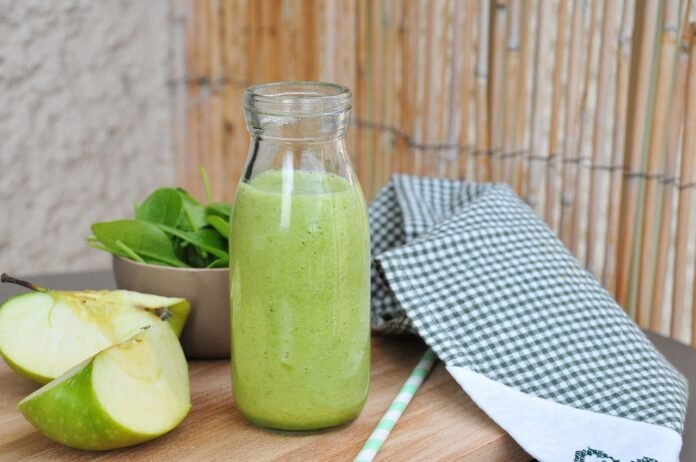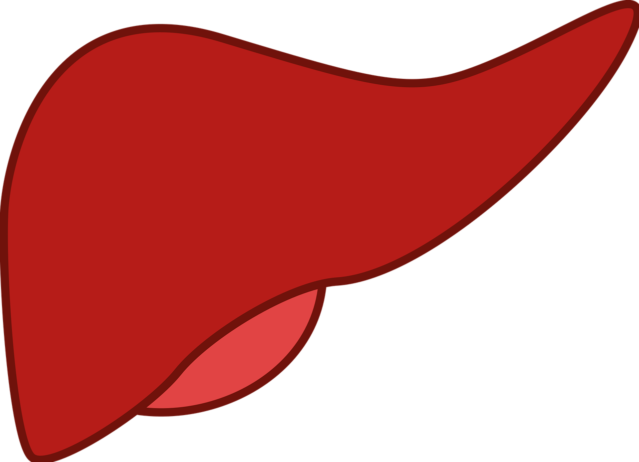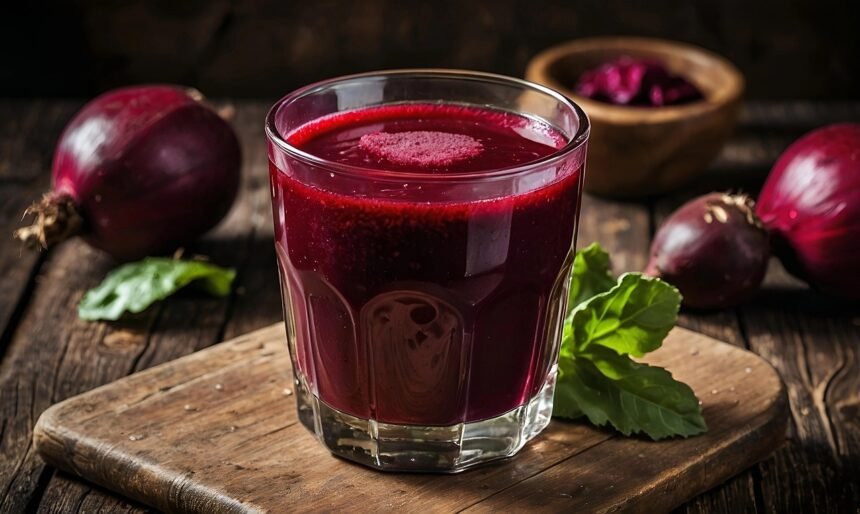As a hepatologist with over a decade of experience in liver disease prevention and management, I’ve seen firsthand how lifestyle choices—including what we drink—can profoundly impact liver function. The liver is a powerhouse organ, responsible for filtering toxins, metabolizing nutrients, and regulating metabolism. Contrary to popular detox trends, it doesn’t need extreme “cleanses” to do its job; in fact, unregulated detox products can sometimes cause more harm than good. That said, certain evidence-based beverages can provide antioxidants, reduce inflammation, and promote overall liver resilience. Drawing from clinical studies and expert reviews, this guide highlights the best drinks for liver support. Remember, these are adjuncts to a balanced diet, exercise, and moderation in alcohol—not substitutes for medical advice. Always consult your doctor, especially if you have liver conditions or take medications.
Why Focus on Drinks for Liver Health?
Hydration is key to liver efficiency, as it helps flush out waste products. Beyond plain water, polyphenol-rich and nitrate-packed drinks can combat oxidative stress—a major driver of conditions like nonalcoholic fatty liver disease (NAFLD) and fibrosis. Research shows that incorporating these into your routine (e.g., 2–4 cups daily) may lower liver enzyme levels (ALT/AST) and reduce disease risk. Let’s dive into the top recommendations, ranked by strength of evidence.


1. Coffee: The Daily Liver Protector
Coffee tops the list for its robust protective effects. Multiple large-scale studies link regular consumption to a 20–30% reduced risk of chronic liver disease, cirrhosis, and even liver cancer. Its benefits stem from chlorogenic acids and other compounds that curb inflammation, boost antioxidant activity, and slow fat buildup in the liver.
Pros: Lowers liver stiffness; benefits all types (ground, instant, decaf). Cons: Limit to 3–4 cups to avoid jitters; excessive intake (>4 cups) may stress the system.
How to Enjoy: Black or with a splash of plant-based milk. Aim for 2–3 cups daily. Pro tip: If you’re caffeine-sensitive, decaf still delivers liver perks.
2. Green Tea: Antioxidant Powerhouse with Caution
Rich in catechins like EGCG, green tea has been shown to lower ALT/AST enzymes and support fat metabolism in NAFLD patients. A 2020 review found moderate intake (3–4 cups) associated with a 32% lower liver disease risk, thanks to its anti-inflammatory properties.
Pros: May prevent liver tumors; easy to incorporate. Cons: Extracts (not brewed tea) linked to rare liver injury; avoid if you have enzyme elevations.
How to Enjoy: Brew loose leaves for 2–3 minutes. Steep in hot (not boiling) water to preserve catechins. 2–3 cups daily is ideal.
3. Beetroot Juice: Nature's Detox Booster
Beetroot juice shines for its nitrates and betalains, which enhance detoxification enzymes, boost bile production, and shield against oxidative damage. Human trials show 250 mL daily for 12 weeks improves NAFLD markers and lowers enzymes in healthy adults.
Pros: Supports natural liver detox pathways; vibrant and nutrient-dense. Cons: Can turn urine/stools pink (harmless); high oxalate content may bother kidney stone formers.
How to Enjoy: Juice fresh beets or buy cold-pressed (no added sugar). Dilute with water for milder taste; 1 cup (250 mL) 3–4 times weekly.
4. Lemon Water: Simple Hydration with a Citrus Twist
Starting your day with warm lemon water promotes hydration while delivering vitamin C and flavonoids that combat free radicals. Animal studies demonstrate protection against alcohol-induced liver damage, and its alkalizing effect may aid gentle detox.
Pros: Low-calorie, refreshing; supports overall digestion. Cons: Limited human data; acidic nature can erode tooth enamel if undiluted.
How to Enjoy: Squeeze half a lemon into 8–12 oz warm water. Drink first thing in the morning for a gentle ritual.
5. Turmeric Tea (or Golden Milk): Anti-Inflammatory Gold
Curcumin in turmeric acts as a potent anti-inflammatory, with studies showing 500–1,000 mg daily reduces liver fat and enzymes in NAFLD over 8–12 weeks. Paired with black pepper, absorption skyrockets—but so does risk if overdone.
Pros: Eases inflammation; warming and soothing. Cons: Rare liver toxicity reports, especially with extracts; interacts with blood thinners.
How to Enjoy: Simmer 1 tsp turmeric, pinch of black pepper, and ginger in milk (dairy or plant-based) for 10 minutes. 1 cup daily.


6. Grapefruit Juice: Flavonoid-Rich Guardian
Naringenin in grapefruit may prevent fatty liver buildup, per animal studies, and its antioxidants support enzyme balance.
Pros: Fresh and zesty; vitamin C bonus. Cons: Interacts with statins, blood pressure meds—check with your doc. No strong human trials yet.
How to Enjoy: Fresh-squeezed, 4–6 oz daily. Opt for whole fruit if juicing isn’t your thing.
7. Ginger Tea: Soothing Liver Ally
Ginger’s gingerol reduces oxidative stress, with human trials showing 1–3 g daily improves NAFLD function over 12 weeks.
Pros: Aids digestion; great for nausea. Cons: Best for those with NAFLD; limited broad evidence.
How to Enjoy: Steep fresh ginger slices in hot water for 5–10 minutes. Add honey if desired; 1–2 cups daily.
Final Thoughts: Beyond the Cup
While these drinks offer targeted support—backed by studies from sources like Johns Hopkins and Medical News Today—they’re most effective alongside weight management, limited alcohol (<2–3 drinks/week), and hepatitis vaccinations. Steer clear of unproven “detox teas,” which can contain unregulated herbs risking liver strain. If you’re dealing with symptoms like fatigue or jaundice, get screened—early intervention is key. Hydrate mindfully, sip sustainably, and let your liver thrive naturally. What’s your go-to liver-friendly brew? Share in the comments!


